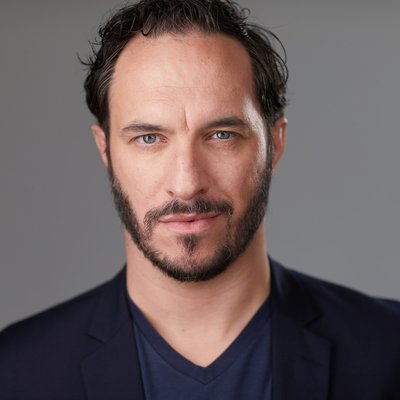Travel is expensive, and if you aspire to anything beyond a local career as a singer, travel is going to feature heavily in your career. As a professional artist, much of your travel for performances will be booked and paid for by presenting organizations. As an amateur or aspiring professional, you’re on the hook for planning and paying for almost every bit of travel you do – and though it’s all tax deductible, it is still expensive and stressful on the front end. In this column, I will share the strategies I have used to make travel as inexpensive, rewarding, and stress-free as it can reasonably be, and help you create a travel budget that accounts for “hidden” travel expenses, as well as a travel preparation template that will help you prepare for each trip you take.
Counting the Cost
Some of the costs associated with travel are obvious (airfare, lodging, food), while others are a little less visible (local travel, copies, pianist, warm-up/rehearsal space, entertainment). For the purposes of this discussion, here is a sample budget for a trip to New York City including 3 auditions.
In this example, I don’t enter airfare costs for all three auditions, because the single plane ticket covered all three. An alternative approach might be dividing the plane ticket’s cost among the three auditions if you prefer to view audition costs in those terms. Other assumptions in this example:
- I have a friend in the city who can house me for two nights, but not my first night in town, so I list lodging expenses for one night only.
- VA Opera is providing a pianist, so I have no accompanist fee listed.
- Dependent upon time of day, scarcity, specific venue, or otherwise, rehearsal space cost will vary.
- I build in higher local transportation costs because I assume a worst-case scenario (late for the audition, I’ll be forced to take a cab or Uber, rather than the subway – but I’ll take the subway home).
- The GSA MIE is a per diem rate determined by the US government, and includes three meals and incidental expenses (essentially, things you might need to pick up at a drug store). For tax purposes, the days on which you travel are counted as partial days, depending upon how many meals you are presumed to be away from home.
If these costs raise a few eyebrows, please be assured that this is a very typical cost breakdown for a trip of this length. In fact, this calculation can ultimately help you decide whether paying the higher rent in the New York City metro area is worth it for you; if renting a place in NYC is cheaper than this cost plus your monthly rent in your current location, it may be time to consider a move.
Budgeting for an Audition Tour
An audition tour being just a series of audition trips back-to-back, budgeting for an entire tour is as simple as stringing together a series of audition trip budgets, plus the cost of whatever “connective tissue” travel expenses you will encounter between legs of your journey. In the case of a tour budget, you may decide that it is more helpful to split travel costs equally among the several auditions in a given leg of the tour or to include the big-ticket costs at the beginning, since they are fixed, whether you finish the tour or not. This is up to you and how your mind likes to organize things of this nature, but don’t be afraid to involve your accountant in determining the best approach.
Knowing Where You Can Save
When money is tight (and for aspiring singers, money is always tight), it helps to know where you can save money on audition trips. I recommend keeping a Google Spreadsheet with the names and contact information of as many friends and family as you can in the major audition cities (New York and Chicago, at least), so that you may be able to save on housing from time to time, or find a last-minute place to crash if your housing should fall through. Three nights on a friend’s couch (provided the environment isn’t somehow detrimental to you in terms of allergens, noise, sleep prospects, etc.) can easily save you $300+ on your trip – more than enough to take your generous friend out to a nice dinner or buy a night’s worth of drinks, and still be halfway to your next audition flight. Staying with family or friends in upstate New York or in southwest Connecticut or northern New Jersey can similarly save you a ton of money while providing a restful place to sleep each night (and possibly a few free meals!).
These are the "big picture" strategies I use to budget for my audition travel. Up next, the fun part: booking your audition travel!

